In addition to your cat's regular vaccinations, how can you know when your cat needs to see a vet? The following conditions and behavior are red flags.
Diarrhea
Diarrhea can be caused by lots of things - diet, infections, parasites and metabolic problems. Diarrhea is never normal and can cause dehydration and death if it persists. If you can, take a fresh poo sample with you to the vet for testing. One way to test for dehydration is by pressing your finger against your cat's gums. It the spot takes more than two seconds to return to pink, there's a problem.
Vomiting
Cats often wretch and vomit up stomach contents including hairballs. Hairballs are common and some cat foods are now formulated to reduce them. Vomiting, however, is a problem if it happens more than once a day, contains blood or mucous and if your cat also has diarrhea, lethargy, salivation and is not eating. Excessive vomiting can cause dehydration and death.
Coughing, panting or wheezing
These signs are never normal and could indicate viral, bacterial or fungal infections. They could also be signs of heart or lung disease. You must take your coughing, wheezing or panting cat to a vet.
Uncontrolled urination
If your cat's urinating habits change, this could be a sign of tumors, cysts, stones, infection or inflammation. It is important to see your vet and take a fresh urine sample with you, if you can. Use a clean jar.
Excessive drinking
If your cat seems to be drinking more than usual, and urinating more often, you should take her to a vet. Unless it is a really hot day, increased thirst can be caused by diabetes, kidney and liver problems.
Not eating
If your cat is off his food, you should report this to your vet straight away.
Bleeding
Your cat may have been in a fight or been hurt elsewhere. Lacerations and bite wounds can become infected, so it is important to have these checked out by your vet.
Excessive scratching
Although occasional scratching is normal, excessive scratching could indicate a skin infection, allergies or parasites. The scratching can lead to inflammation and further infection. See your vet!
Anytime your cat's behavior or patterns change, it is best to have these checked out.

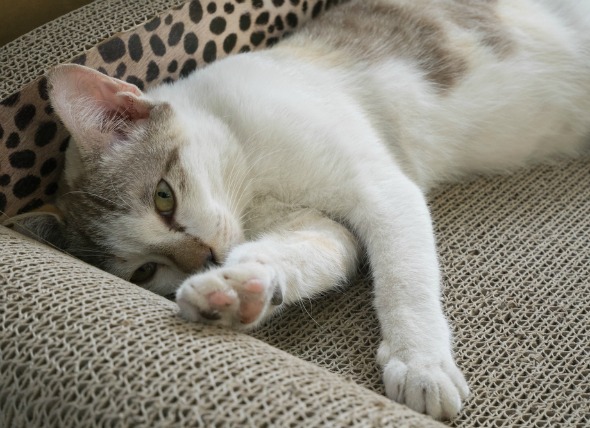 Weight Loss and Chronic Disease in Cats
Cachexia in Cats
If your cat loses an excess of t
Weight Loss and Chronic Disease in Cats
Cachexia in Cats
If your cat loses an excess of t
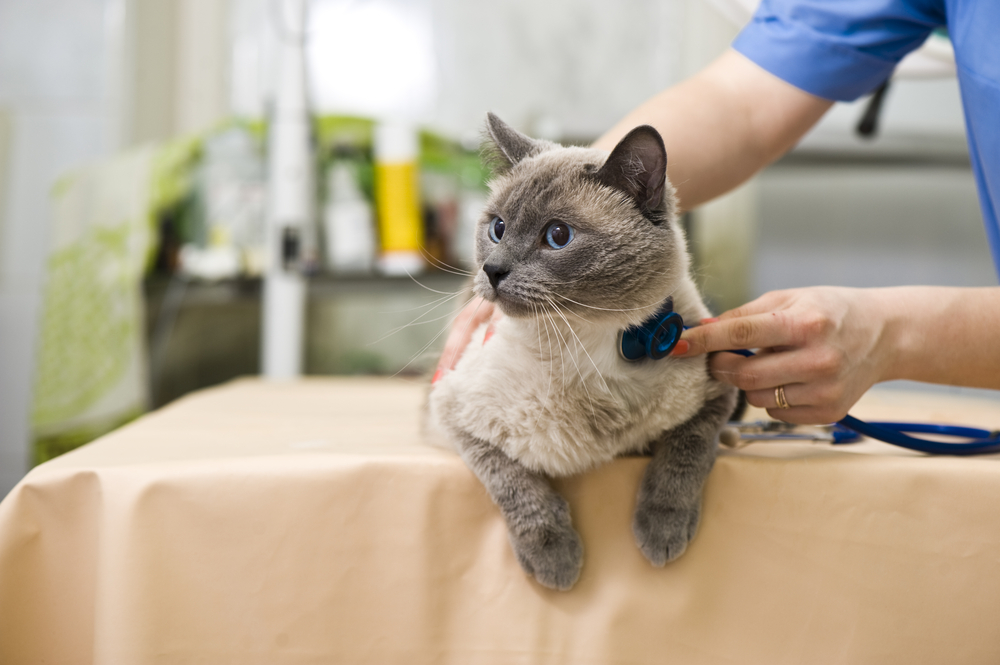 Pyruvate Kinase Deficiency in Cats
A deficiency in the enzyme Pyruvate Kinase (PK) i
Pyruvate Kinase Deficiency in Cats
A deficiency in the enzyme Pyruvate Kinase (PK) i
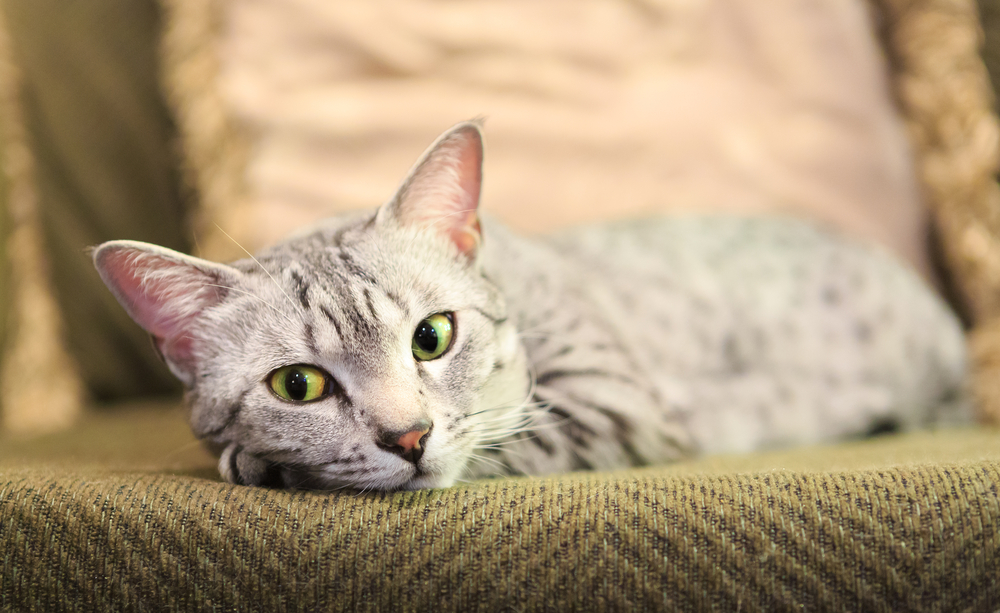 Pneumonia (Bacterial) in Cats
While pneumonia refers to an inflammation of the
Pneumonia (Bacterial) in Cats
While pneumonia refers to an inflammation of the
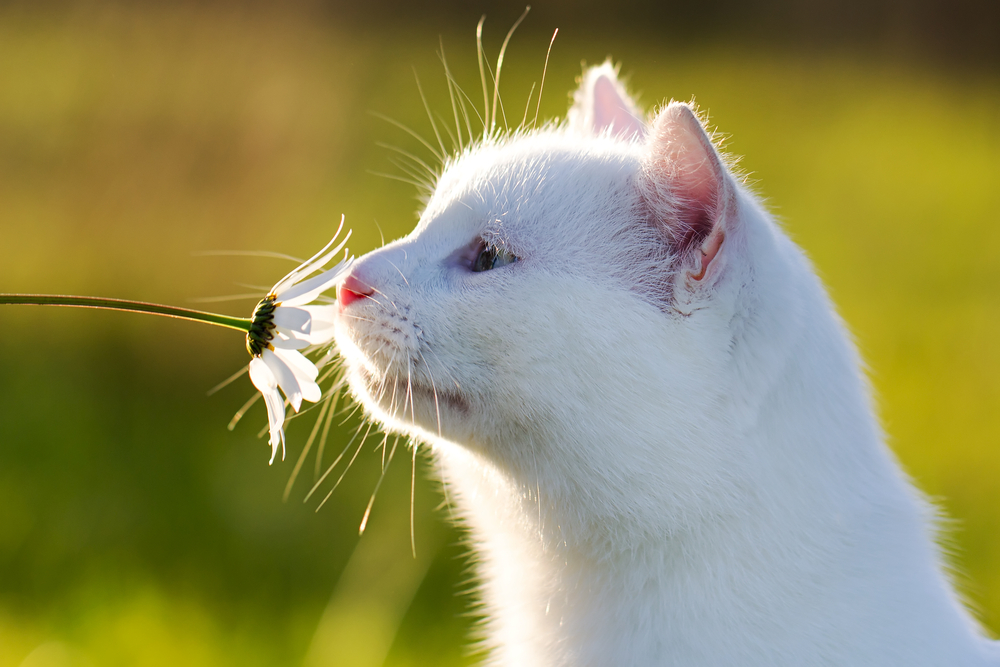 Lily Plant Poisoning in Cats
Toxic Reaction to Lily House Plants
One of the mo
Lily Plant Poisoning in Cats
Toxic Reaction to Lily House Plants
One of the mo
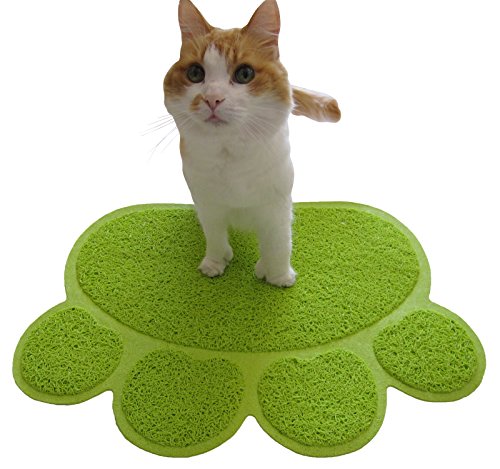 What Are the Most Common Cat Illnesses?
Cats are very self-sufficien
What Are the Most Common Cat Illnesses?
Cats are very self-sufficien